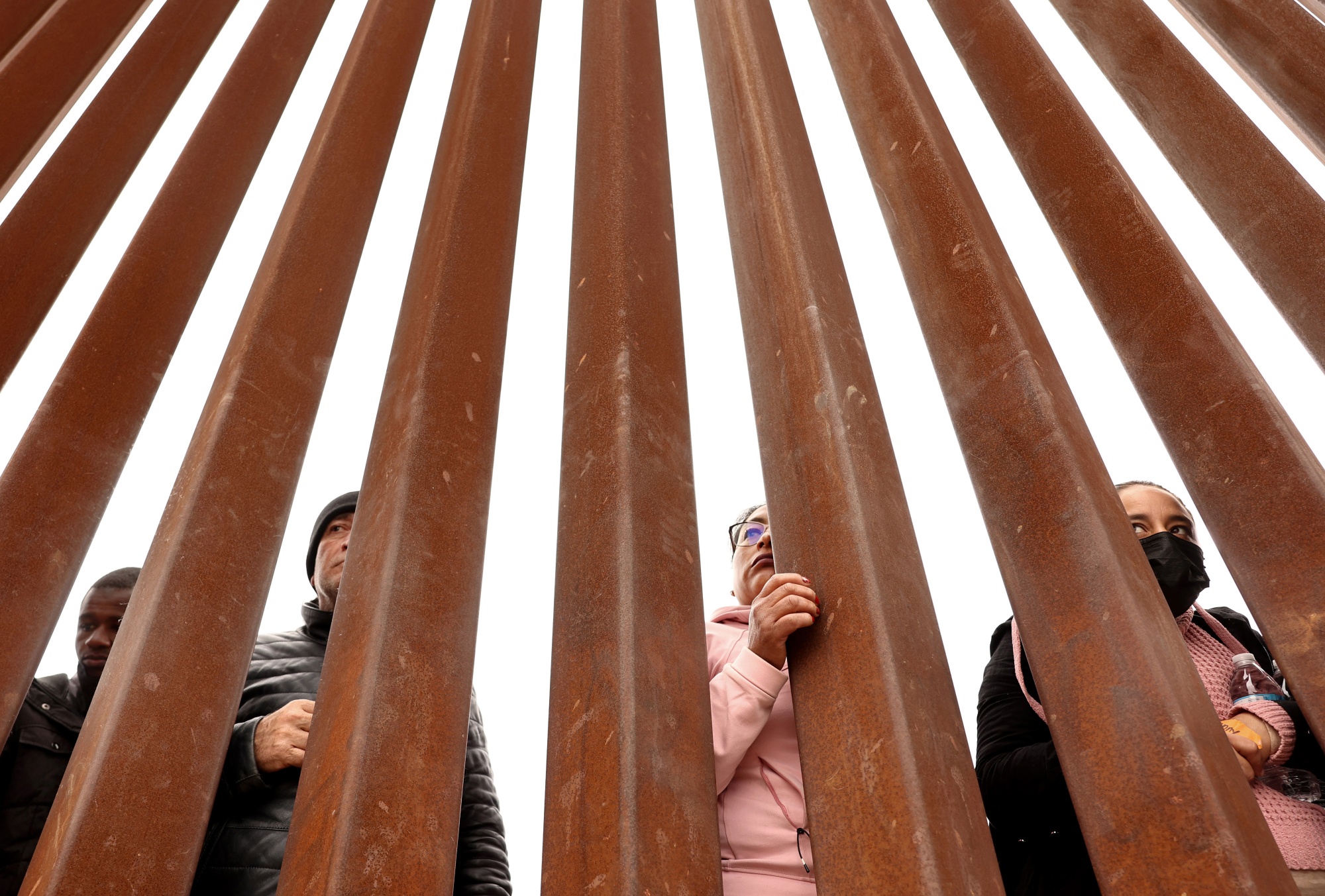Sometimes as I jump rope – an exercise I’ve done most days for at least 35 years – I watch episodes of the series, “Nurse Jackie,” on Netflix. The show stars Edie Falco in the title character, Jackie Peyton, an emergency-room nurse at the fictitious All Saints’ Hospital in New York City. It suites my purposes because the episodes last about the same amount of time as my exercises.
I have mixed feelings about the show, however. I like the fact that it’s a medical show whose main character is a nurse, not a doctor. And there isn’t a nurse alive who’s more compassionate toward her patients, and sometimes fellow employees, than Jackie Peyton.
But she’s a drug addict, and watching her get through her days at the hospital or at home, and with her husband and daughters, boyfriends, drug suppliers and drug counselors, is like watching a plane tumbling out of the sky on its way to a horrific crash.
Only Redeeming Quality?
She engages in continual lying and minor theft, and is unfaithful to her husband, and her boyfriend after her divorce. And she neglects her children, with dire results. Indeed, her compassion appears to be her only redeeming quality.
If she were a real person, not just a character in a TV series, I wouldn’t judge her. And I would always hesitate to judge somebody who suffers from such an affliction, which at the least reduces her culpability. As Pope Francis has said, “Who am I to judge?” But her character is a useful model for discussing the moral compass of contemporary America because such shows, in my opinion, both reflect the mores of society and help form them.
In showing such compassion for others, Jackie – as Jesus might say – may not be far from the kingdom of God because in the moral economy of Christianity, love trumps all. But it doesn’t replace all.
The hospital itself, All Saints, is emblematic of our secular age. It’s a former Catholic hospital, once served by dozens of nuns who were doctors, nurses and administrators, that has been sold to a corporation. The chapel is now a place for employees, and presumably patients and visitors, to have quiet chats or quiet time. It’s not a place of worship, and there’s no evidence of anything religious happening there or anywhere else in the hospital.
And Jackie’s brand of morality is fairly common in contemporary society, which, in my opinion, has moral blind spots. One blind spot is lying, and in this category, the view of the show’s characters and common public opinion is that the end justifies the means. If it’s for a “good” cause – such as saving embarrassment, hassle, conflict – it’s OK.
A second blind spot is sexuality. Virtually all the characters on the show engage in casual sexual activity, reflecting what I believe to be current societal values. In the Judeo-Christian tradition, and in my opinion, casual sex is incompatible with the search for God.
Some readers will brand me, and anyone who suggests re-thinking our current views of sexuality, a prude. Others will smell hypocrisy, but just to be clear, this isn’t a judgment of people who engage in casual sex. That’s between them and God. I’m suggesting that as a society we’re going down the wrong path in our sexual practices and that rethinking that path appears to be off-limits to people who otherwise have pretty well-tuned moral antennae.
Another blind spot in our moral vision – though happily not as widespread as the first two – is the need for moral formation of our children. Jackie obviously fails in this department and with serious consequences. But teaching children to do the right thing, not just by word but by how we live, is among the most important functions of parenting.
What does all this “moralizing” have to do with the search for God?
Doing and Not Doing
The search for God is not just about believing, about faith struggles, but about “doing” and “not-doing.” It involves the attempt to establish a relationship with God, meaning that we who are searching should continually strive to be more Godlike, leaving behind past practices if necessary.
This is evident in both the Christian and Jewish traditions, and Jesus covers both in Mathew’s gospel when he urges his followers to take God’s law seriously. In the Message translation:
“Trivialize even the smallest item in God’s law and you will only have trivialized yourself,” he says. “But take it seriously, show the way for others, and you will find honor in the kingdom. Unless you do far better in the matters of right living, you won’t know the first thing about entering the kingdom.”
In another sign of our age, Nurse Jackie wears a medal of Mary on her neck and for a time sends her children to a parochial school, indicating that she was probably at one time a Catholic. One of the few times she refers to religion on the show is in a prayer that so many who can’t bring themselves to commit to God have uttered: “God, make me good, but not yet.”





